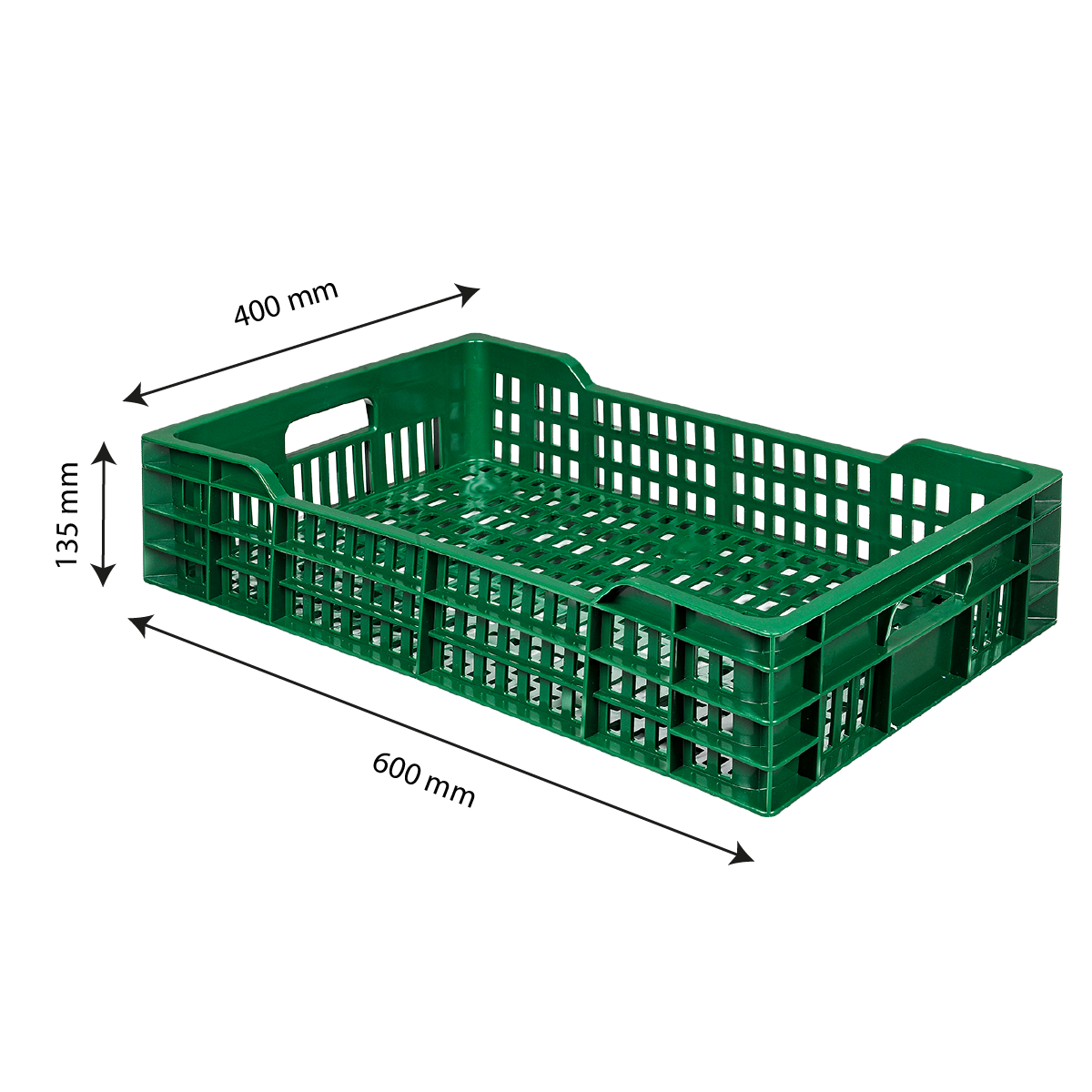Go Eco-friendly with Recycled Plastic Containers: Eco-Conscious Storage Space Solutions
Go Eco-friendly with Recycled Plastic Containers: Eco-Conscious Storage Space Solutions
Blog Article
Maximize Your Recycling Influence by Recycling Made Use Of Plastic Containers
The impact of recycling can be additional enhanced by incorporating the technique of reusing used plastic containers (used plastic containers). The possibilities are extensive, and the advantages are significant, making the undertaking of making the most of reusing effect with reusing plastic containers a fascinating and rewarding method to discover.
Advantages of Reusing Plastic Containers
Reusing plastic containers not only reduces waste however also contributes considerably to ecological sustainability. By choosing to recycle plastic containers rather than discarding them after a solitary use, people can play an essential duty in minimizing the need for new plastic production. This practice straight translates to a decrease in the consumption of raw products, power, and resources required for producing brand-new containers.

In addition, reusing plastic containers helps in lowering the quantity of plastic waste that finishes up in land fills or pollutes our seas and natural habitats. Plastic air pollution is a pressing global issue, and by extending the life-span of plastic containers through reuse, we can alleviate the adverse influence on the setting. Furthermore, recycling plastic containers can result in a decrease in greenhouse gas exhausts related to the production and transportation of new plastic items.
In essence, the straightforward act of recycling plastic containers can generate considerable environmental advantages by saving sources, lowering waste, and minimizing pollution, making it an impactful and sensible sustainability practice for areas and people alike.
Imaginative Upcycling Ideas for Containers
Considering the ecological advantages of expanding the life-span of plastic containers through reuse, exploring imaginative upcycling ideas offers a cutting-edge approach to further sustainability initiatives. There are countless innovative means to repurpose made use of plastic containers, adding to waste reduction and advertising eco-conscious actions. One creative idea is to change empty plastic containers into self-watering planters by cutting the top section of the container and creating a wicking system making use of a cotton string. This not only gives a brand-new life to the plastic container however likewise assists in efficient watering of plants. Another upcycling idea is to utilize big plastic containers, such as laundry cleaning agent containers, as storage space containers for products like toys, craft supplies, or perhaps as makeshift planters for little indoor gardens. By repurposing these containers, individuals can reduce their ecological impact while adding a touch of imagination to their lives. Accepting such upcycling initiatives can inspire others to rethink the means they watch and make use of plastic containers, moving in the direction of a more ecologically pleasant and lasting way of living.
Tips for Properly Cleaning Containers
Preserving tidiness in containers is vital for guaranteeing health and prolonging their usability. To correctly clean used plastic containers, start by emptying any type of staying components and rinsing them with cozy water to get rid of food particles and deposit. For containers with stubborn discolorations or odors, create a combination of equal parts water and vinegar or sodium bicarbonate and water, and allow it sit for a few hours before rubbing and rinsing thoroughly. Avoid utilizing extreme chemicals or abrasive scrubbers that can harm the plastic. In addition, make certain to dry out the containers entirely before keeping them to protect against mold and mildew development. For containers with tiny openings or limited corners, think about utilizing a container brush or tooth brush to reach all areas (used bulk plastic containers). Consistently examine the containers for signs of deterioration, such as splits or staining, and replace them if needed to preserve correct health standards. By complying with these cleansing tips, you can take full advantage of the lifespan of your plastic containers and promote a much healthier atmosphere.
Exactly How to Shop Reused Containers Efficiently

Effect of Recycling on the Setting
Reusing containers has a substantial positive influence on the atmosphere by minimizing waste and conserving sources. It aids in lowering the quantity of plastic waste that ends up in land fills or seas when containers are reused rather of being discarded after a solitary use. By expanding the lifecycle of these containers, fewer brand-new ones need to be generated, leading to a decrease in the usage of raw products and power required for production. This conservation of sources plays a vital function in reducing the ecological impact related to plastic production.
Additionally, recycling containers additionally adds to reducing greenhouse gas emissions. The process of producing brand-new containers involves numerous energy-intensive activities that launch substantial quantities of carbon dioxide and various other contaminants into the atmosphere. By recycling plastic containers, the need for brand-new manufacturing decreases, leading to reduced exhausts linked with the production and transportation of new items. In general, the ecological benefits of reusing containers are significant and play a crucial function in promoting sustainability and minimizing the effect of plastic on earth.
Conclusion
To conclude, reusing used plastic containers can dramatically decrease waste and decrease the environmental impact of single-use plastics. By creatively upcycling containers, correctly cleaning them, and effectively saving them, people can optimize their reusing initiatives and add to a more lasting future. Making an aware effort to reuse plastic containers not only benefits the setting but additionally urges an extra green way of living in general.

Report this page